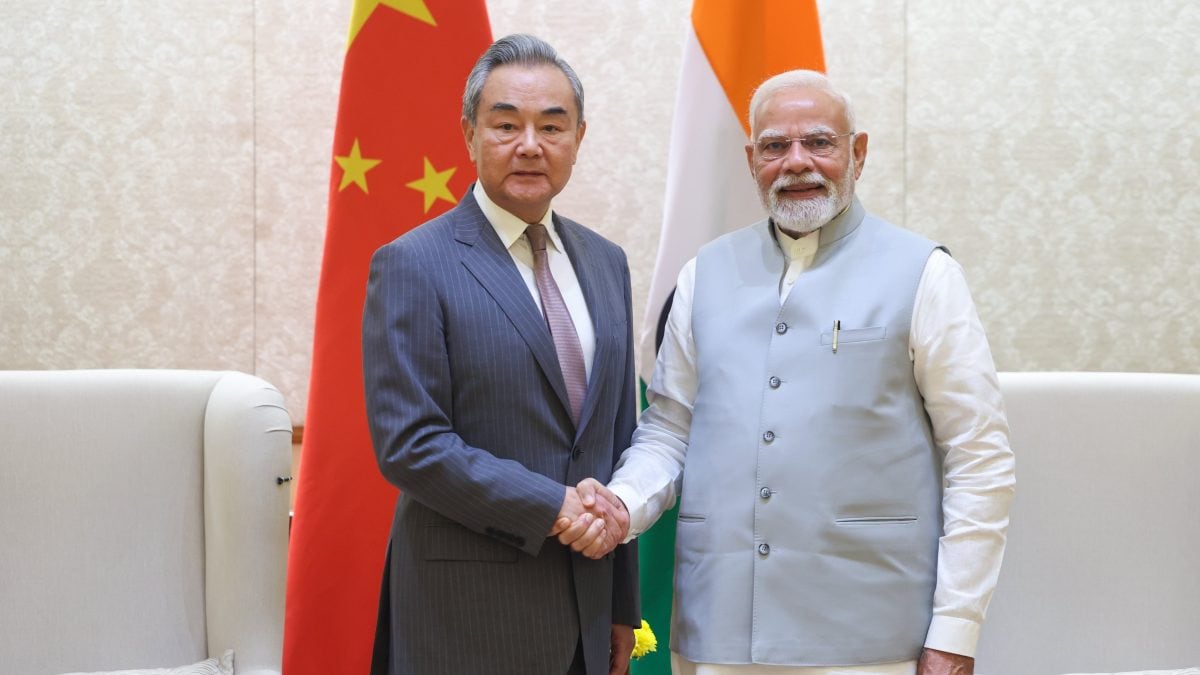

Prime Minister Narendra Modi's recent meeting with Chinese Foreign Minister Wang Yi in New Delhi has generated significant interest, given the complex relationship between the two nations. The meeting, which occurred during Wang Yi's two-day visit to India, has yielded several key takeaways, pointing towards a potential thaw in relations and renewed focus on cooperation.
Here are 10 key takeaways from the meeting:
Positive Trend in Relations: Both sides acknowledged a positive trend in India-China relations, signaling a move towards cooperation after a period of tensions. Wang Yi stated that relations are "showing a positive trend toward returning to cooperation".
75th Anniversary of Diplomatic Relations: With 2025 marking the 75th anniversary of diplomatic relations between India and China, both countries are looking to learn from the past and view each other as partners. Wang Yi emphasized that the two countries should view each other as partners and opportunities rather than rivals or threats.
Leaders' Consensus Implementation: Both India and China are actively implementing the consensus reached by their leaders, resuming dialogue and exchanges at various levels. This includes maintaining peace and tranquility in border areas and enabling Indian pilgrims to resume their pilgrimages to sacred sites in Tibet.
SCO Summit Attendance: Prime Minister Modi has accepted President Xi Jinping's invitation to attend the Shanghai Cooperation Organisation (SCO) summit in Tianjin. This visit marks a significant step in high-level engagements between the two countries.
Border Tranquility: National Security Advisor Ajit Doval noted that there has been peace and tranquility along the border, with more substantial bilateral engagements. This indicates a positive development in managing the sensitive border issue.
Addressing Indian Concerns: China has reportedly promised to address India's concerns related to rare earths, fertilizers, and tunnel-boring machines. This indicates a willingness to address trade imbalances and specific economic issues.
Focus on Mutual Respect: External Affairs Minister S. Jaishankar highlighted the importance of mutual respect, mutual sensitivity, and mutual interest in the relationship. He emphasized that differences must not become disputes, nor competition conflict.
Global Responsibility: Both countries, as major developing nations, recognize their shared responsibility in promoting world multipolarization and the democratization of international relations. Wang Yi stressed that India and China should demonstrate a sense of global responsibility and act as major powers.
Economic and Trade Discussions: Discussions covered a range of topics, including economic and trade issues, pilgrimages, people-to-people contacts, river data sharing, border trade, and connectivity. These discussions aim to build a stable, cooperative, and forward-looking relationship.
Steady Progress: Prime Minister Modi acknowledged the "steady progress" in India-China relations since his meeting with President Xi Jinping last year. He emphasized that stable and constructive ties would contribute significantly to regional and global peace and prosperity.
Overall, the meeting between PM Modi and Foreign Minister Wang Yi suggests a concerted effort to stabilize and improve India-China relations. While challenges remain, the willingness to engage in dialogue, address concerns, and focus on mutual interests provides a foundation for future cooperation and stability in the region.